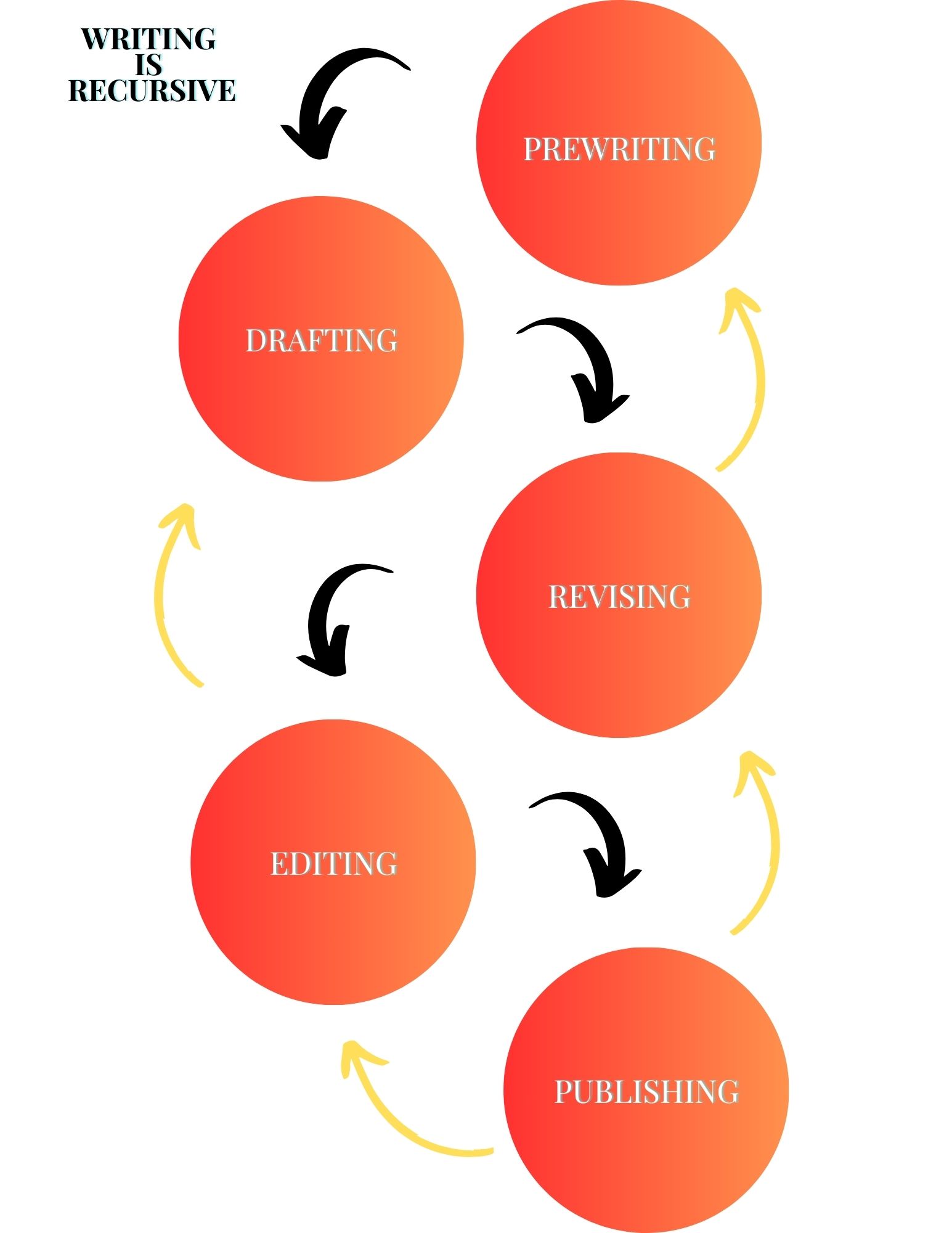Greetings,
Today on the blog we are going to summarize and analyze chapters XXIX-XXXIII of A Connecticut Yankee in King Arthur’s Court by Mark Twain. We are going to learn more about the impact of small pox on the kingdom and what Hank and Arthur intend to do about it to keep the people of the realm safe.
Chapter XXIX: The Small Pox Hut
After the previous adventures attemptint to get King ARthur to look like a peasant, Hank is quite sure the king can now pretend to be one of the commoners. Both men come upon a small hut on the road, and upon entering find a woman dying of smallpox. They find that both her husband and one of her daughters is dead as well. She laments that her sons were imprisoned for reporting cut fruit trees that the lord planted on the property.
As the woman tells Hank and Arthur: “Our farm was ours by lease, therefore ’twas likewise his (the lord’s), to do with it as he would. Some little time ago, three of those trees were found hewn down. Our three grown sons ran frightened to report the crime. Well, in his lordship’s dungeon there they lie, who saith there shall they lie and rot till they confess.”
Additionally, because they were fined for selling a small harvest, their problems only grew. After being barred from participation in the church, she tried to tend to her family after they caught smallpox, and listens as her last child dies.
Sadly, Hank and Arthur look on as “She gave a sharp quick glance at her eldest daughter, then cried out, ‘Oh, my darling!’ and feebly gathered the stiffening form to her sheltering arms. She had recognized the death-rattle.”
Chapter XXX: The Tragedy of the Manor-House
Hank and Arthur travel through the night after leaving the woman’s house (she died and her boys returned from the dungeon, having escaped). Moreover, the two men find bodies hung from trees in the forest, but without knowledge, they find a home to sleep in for a while. They eventually get more information and discover that a manor house was waylaid by aggressors (whoever they might be) and men and women were hunted in the night and hung in the trees.
Hank thinks this is odd, as “It reminded me of a time thirteen centuries away, when the ‘poor whites’ of our South who were always despised and frequently insulted by the slave-lords around them,” fought for their lords in ironic fashion because they were, “ready to side with the slave-lords in all political moves for the upholding and perpetuating of slavery, and did also finally shoulder their muskets and pour out their lives in an effort to prevent the destruction of that very institution which degraded them.” In other words, the hypocrisy was quite noticeable.
Another man, Marco, tells Hank that he was afraid if he didn’t show the proper enthusiasm for hunting down the accused, that he would in fact fall under suspicion. This fact reminds Hank to modify the monarchy in Arthur’s time before “the destruction of the throne, nobility abolished, every member of it bound out to some useful trade …”
Chapter XXXI: Marco
Hank and Marco venture to a village with Arthur in tow and find a group of kids have enacted a hanging as well. Hank explores the wealth of the village by considering that their “new money was not only handsomely circulating , but its language was already glibly in use…”
Of course, Hank sees this as a success because it is more of his idea in implementation. Likewise, he invites the blacksmith, Dowley, to dinner at Marco’s estate. There is a great deal of haggling between Marco, Hank, and Arthur as they try to pay respect to each other’s monetary influence through purchasing food and clothing.
Chapter XXXII: Dowley’s Humiliation
Hank has his gifts and preparations delivered to Marco’s, and Marco and his wife, Phyllis, are very happy with what they see. Hanks states that he bought “a lot of extras for the future comfort of the family” that included “wheat,” a “dinner-table” “two entire pounds of salt,” “crockery stools, the clothes, a small cask of beer,” and other provisions.
During the dinner, Dowley tells the story of his life and how he came to be a successful blacksmith. He worked hard and his skills were noticed, so he became great blacksmith. Through his knowledge and upbringing, Dowley finds that all men are equals, even the king who “took the hand with a poorly disguised reluctance, and let go of it as willingly as a lady lets go of a fish…” The king’s ignorance and empathy for the lower classes is apparent, but Dowley’s admission is admirable to Hank.
Nevertheless, Hanks displays his wealth by paying the bill for the dinner (and provisions) almost carelessly. Dowley “had been blowing and bragging about his grand meat-feast twice a year, and his fresh meat twice a month and his salt meat twice a week, and his white bread every Sunday the year round” but this matters little to Hank, because all of that was not much more than 69 cents. With four dollars, Hank is able to purchase and buy off everything he had delivered. Dowley looks defeated.
Chapter XXXIII: Sixth Century Political Economy
Hank explains free trade and the purchasing power of a dollar to Dowley. Dowley, through ignorance, is more obsessed with the amount of money rather than its ability to actually buy anything. Additionally, he explains the idea of unionization to “negotiate” wages.
The guests at the table, including Dowley are disturbed by a prognosticated world where the Divine Right of Kings does not exist. “But I saw in a moment that I had overdone the thing a little,” Hank states. “I was expecting to scare them, but I wasn’t expecting to scare them to death. They were mighty near it, though. You see they had been a whole lifetime learning to appreciate the pillory…”
To put it plainly, Hank was a stranger in an “oppressed” land filled with “suspicious people” who were used to being used by a cruel monarchy that never approached “kind treatment.”
Analysis
In these five chapters, Hank explores the nonsense that persists in the kingdom. This nonsense is the reaction of the rabble when the lords and ladies are in distress. They effectively work against their own interests to ensure that the monarchy stays in power.
As it relates to the Gilded Age, Twain’s own time, we can examine Hank’s explanation of unions and bargaining for wages. Clearly, there are those (scabs) that will continue working to benefit big business, or the robber barons–in Hank’s case the monarchy–against their own welfare.
“The painful thing observable about all this business was the alacrity with which this oppressed community had turned their cruel hands against their own class in the interest of the common oppressor,” Hank states. In other words, the lower class would fight for the class in power regardless of how rationale that action might be to the oppressed. He states further: “This man and woman seemed to feel that in a quarrel between a person of their own class and his lord, it was the natural and proper and rightful thing for that poor devil’s whole caste to side with the master and fight his battle for him, without ever stopping to inquire into the rights or wrongs of the matter.”
Hank is in a similar world to his own, where the poor are exploited and then so beaten down and controlled that they will fight for the very people who are oppressing their very existence. It is a perplexing problem to Hank, and one that he wants to remedy quickly.
Works Cited
Project Gutenberg. (n.d.). A Connecticut Yankee in King Arthur’s Court. The Project Gutenberg eBook of A Connecticut Yankee in King Arthur’s Court, by Mark Twain. https://www.gutenberg.org/files/86/86-h/86-h.htm








Leave a Reply